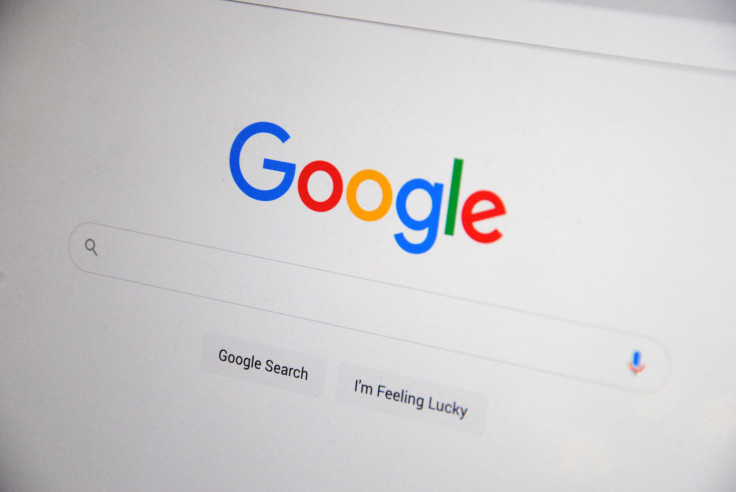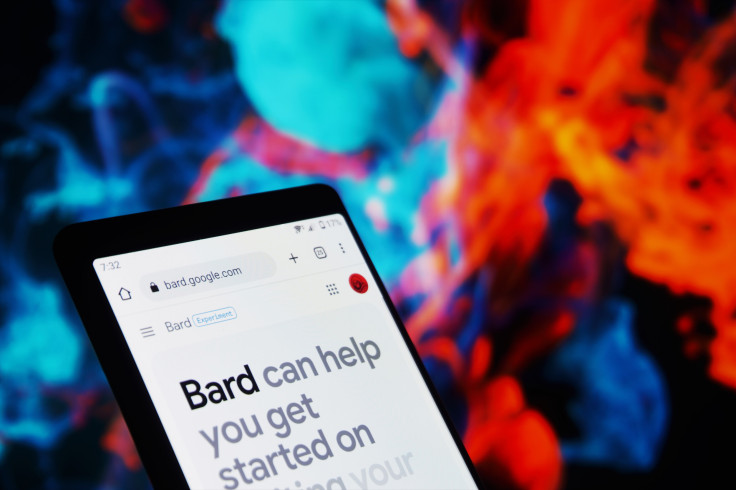Google Celebrates 25th Birthday, Launching New Doodle to Honour Evolution of Iconic Logo
The search engine, which boasts over 4.3 billion users worldwide, was founded by two students at Stamford University on September 27, 1998.

September 27th 2023 represents a landmark day in the world of Tech — it marks Google's 25th birthday.
The search engine turned multinational technology superpower, which boasts over 4.3 billion users worldwide, was founded by two students at Stamford University on September 27, 1998.
Brainstorming in their dormitory, Larry Page and Sergey Brin decided to create an internet search engine which would organise and rank web pages.
Initially called BackRub, they relocated their operation to Google's first office which was a rented garage - the startup has now grown into one of the world's most influential companies.
To celebrate its 25th birthday, Google has launched a new doodle that sees the numbers two and five replace the 'oo' in the middle and, if you type 'Google 25th birthday' confetti will rain down the screen.
The birthday Google Doodle honours Google's logo evolution, from the first logo when Google began to its current iteration, with a special 25th birthday logo at the end.
Google Doodles have been around almost as long as the company itself.
The first one was simple — a stick man over the search engine's logo in 1998 when co-founders Larry Page and Sergey Brin took time off to attend the Burning Man Festival.
Since then, there have been around 5,000 more doodles created, honouring occasions like Wimbledon's tennis tournament, to Marie Harel, the inventor of Camembert cheese.
Now, a team of engineers and illustrators, titled doodlers, are responsible for the various Google Doodles.
In the last doodle released on September 25, South African jazz pianist, composer and journalist Todd Matshikiza was celebrated.
Illustrated by South Africa-based guest artist Keith Vlahakis, the Doodle commemorated his commissioned cantata 'Uxolo' (peace), which was played by the orchestra at the 70th Johannesburg Festival on September 25, 1956.
As well as Doodles, some of its products including search, hum to search and translate will have special Easter eggs marking the birthday.
To find them, simply search, hum or translate 'Happy birthday' on Google's products Wednesday, and confetti will rain down across Google's screen.
Today, Google's impact extends far beyond its search engine. With products like YouTube, Android, Gmail and Google Maps, Google has become an integral part of daily life for billions across the globe.
Google's influence in the tech world spread when it became the default search engine for Yahoo in 2000. AdWords was launched in October 2000, thereby laying the foundation for Google's online advertising dominance.
The next big development came in 2004 when Google announced that Gmail would offer a staggering 1GB of storage capacity, thereby making Gmail an integral part of our lives, and helping push back the competition from the likes of YahooMail and Microsoft's Hotmail.
Google's innovation didn't stop with search and email. It ventured into mobile with the acquisition of Android in 2005 and the launch of Google Talk. The acquisition of YouTube in 2006 signalled Google's entry into the online video space.
In 2008, Google unveiled its first Android phone, the T-Mobile G1 and introduced the world to the Chrome web browser. The following years saw the launch of Google Glass, the acquisition of mapping startup Waze and the creation of Alphabet, Google's parent company, with Sundar Pichai taking the helm as CEO of Google.

Over the past year, researchers at Google have largely been focusing their attention on the development of Artificial intelligence technology.
Google Bard, a conversational generative artificial intelligence chatbot, was released for public use in March this year.
Since then, Google has added a sling of features to the AI tool, including the ability to show images alongside the search results.
In a separate initiative to Bard, the company recently unveiled a new AI search tool that can shorten lengthy articles into key points.
This feature, which has been launched within the Search Labs section of the Google Search application, is accessible on both Android and iOS platforms.
It has the ability to shorten lengthy articles, simplify coding and even offer the user life advice.
Most recently, Researchers at Google DeepMind, the tech giant's artificial intelligence arm, on Tuesday introduced a tool that predicts whether genetic mutations are likely to cause harm, a breakthrough that could help research into rare diseases.
The findings are "another step in recognising the impact that AI is having in the natural sciences", said Pushmeet Kohli, vice president for research at Google DeepMind.
The tool focuses on so-called "missense" mutations, where a single letter of the genetic code is affected.
However, the tech firm faced trouble last week when the family of a man who died after he drove his car off a collapsed bridge after following Google Maps filed a lawsuit against the tech giant.
The man, identified as Philip Paxson, was driving home on a rainy night when he drove off an unmarked, collapsed bridge on September 30, 2022, in North Carolina.
The 47-year-old was on his way home after celebrating his daughter's birthday in Catawba County when he lost his life in the tragic incident. The bridge did not have any barricades, warning signs or boards to alert drivers of its decrepit state.
© Copyright IBTimes 2025. All rights reserved.






















